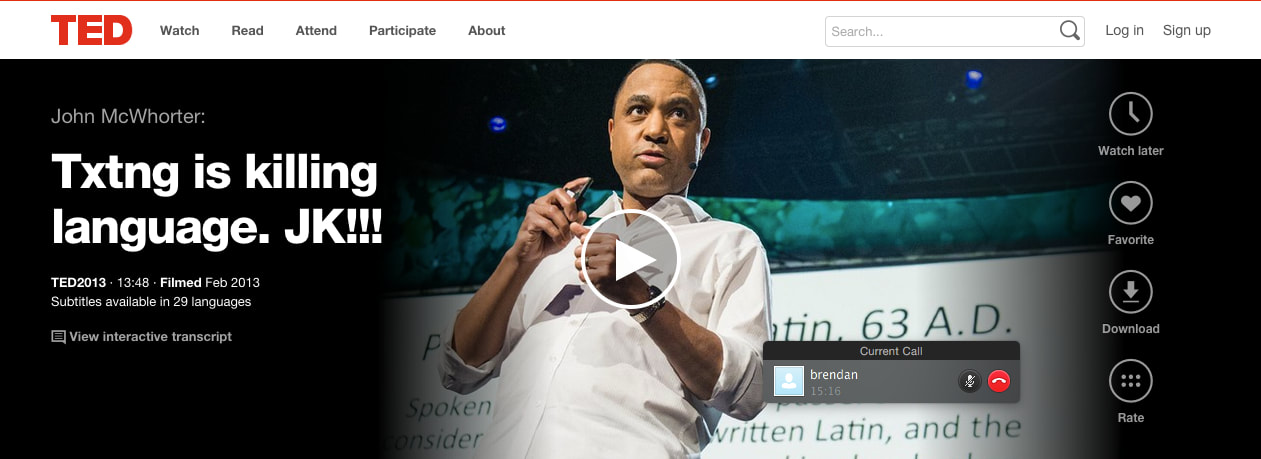Old People Complaining About Young People — Nothing Changes
Texting, Though, is Special
As John McWhorter says, brilliantly, in his TED Talk from 2013, texting is more like speech than it is like writing. We live in a time when language is changing at such a fast pace that most of us feel slightly overwhelmed by it. There’s a human need to want to slow down the change, control it, make it more palatable.
But it is in our best interests, as usual, to embrace the change. Texting, for example, is developing right before our eyes into a new form of communication that no one has ever experienced before — and simply because before this time, it was not possible. The things necessary for this to happen include having the ability to write quickly, and receive those messages equally as quickly. Before the time when everyone had a small electronic device in their pockets, this was not possible.
When we put our words down (on paper or screen) we did so in a way that was thoughtful and edited. In fact, there was a time when listening to speech that sounded more like written work was a popular pastime. A formal speech was written language spoken out loud.
Texting, then, is spoken language written down, with all the nuances of spoken language emerging as quickly as the community of people texting creates them. We are witnessing humans collectively creating a new form of language, and it is a miracle to see.
JK — Slash But Still — Amirite?
Not even sure if the above header makes sense, but I’ll give it a go. Texting is developing in tandem with other forms of expression. Writing changes, sure. Since Strunk and White, we’ve been more and more concise with our language. We show, not tell. We use smaller words when the smaller word is the better choice. We use active voice. Etc.
But texting is an actual new form of language. And kids are learning it as they create it. On the fly.
Soon, we’ll be asked to translate it. In John McWhorter’s TED Talk, he mentioned something that made us think: if a person from 1973 arrived at a college dorm and read a message board, he’d be able to read it. If a person from 1993 tried to read the texts of his peers, he wouldn’t be able to. He’d, you know, need a translator. Or is it interpreter?


 RSS Feed
RSS Feed